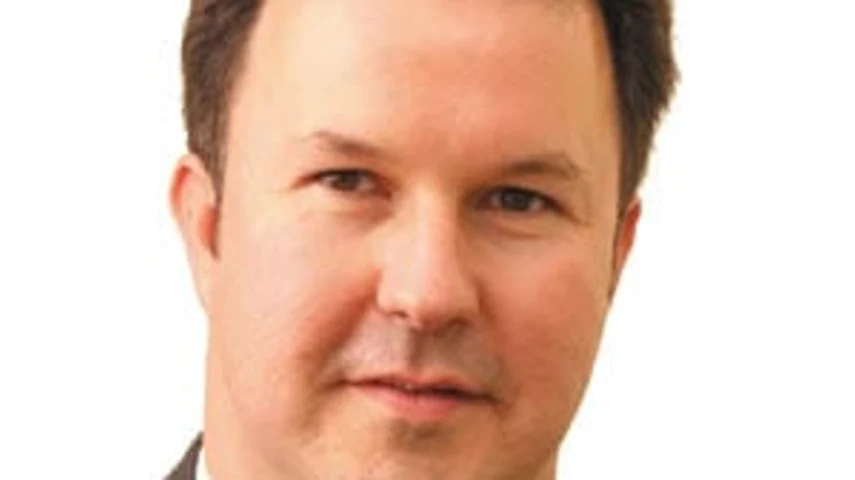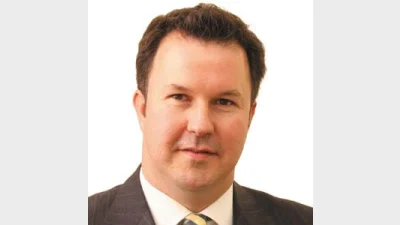Govt sending signals on changes to default funds regime



Mike Taylor writes that Government Senators are sending plenty of messages about impending changes aimed at opening up the default funds under modern awards regime.
Anyone who imagines that the Federal Government will not proceed with significant changes to the default funds under modern awards regime should have spent time listening to Senate Estimates Committee hearings in late February and early March.
Anyone listening to the exchanges which took place between the chairman of the Senate Economics Legislation Committee, Senator David Bushby, and senior officials within the Federal Treasury would not have been left wondering about the Abbott Government’s broad intentions.
Further, if observers had then chosen to examine answers to questions on notice on the Senate notice paper in February, they would have discovered that the Abbott Government’s Minister for Employment and Workplace Relations, Senator Eric Abetz, is less than comfortable with the involvement of the industrial relations judiciary in the superannuation default funds process or the make-up of the specialist superannuation panel which now sits inside the Fair Work Commission (FWC).
Abetz, who has been no shrinking violet in terms of challenging trade union structures, managed to use answers to questions on notice from a fellow Coalition Senator to make clear that he was neither a supporter of the expert superannuation panel within the FWC nor those who had been appointed to the panel by his predecessor in the portfolio and now leader of the Opposition, Bill Shorten.
These represent the minister’s answers to key questions on the selection of the expert panel within the FWC:
1. The process used for the appointment of the members of the Expert Panel was the process adopted by the former government for Fair Work Commission appointments.
The former Minister wrote to me as the then Shadow Minister for Employment and Workplace Relations and I did not support the candidates ultimately appointed by Mr Shorten.
The former Minister selected his preferred candidates and these were approved by the former Cabinet. The appointments were made by the Governor-General in Executive Council.
(a and b) Mr Shorten made the appointments as the then Minister. I cannot comment on the criteria that he used.
(c) As part of the standard approval process for appointment as an Expert Panel member, nominees are required to make a declaration about any potential or actual conflict of interest.
(d) The Superannuation Industry (Supervision) Act 1993 sets out rules about the representation of employers and members in relation to the management and control of standard employer-sponsored superannuation funds. The ‘equal representation’ union/employer group trustee model is provided for under these rules. However, those rules do not apply to appointments to the Fair Work Commission.
2. Expert Panel members are remunerated at $922 per day once they have undertaken official business for a minimum period of five hours.
3. Two Expert Panel members are directors of Superannuation Funds. The likelihood for their funds making applications is speculative but there is no prohibition from them doing so.
4. I am aware that there were candidates on the shortlist who did not hold any current directorships or affiliations.
5. The appropriateness of particular appointments which may present conflicts of interest depends on the particular circumstances giving rise to the potential conflict and the capacity of the statutory mechanisms to deal with it.
But it has been Bushby who has set the tone in terms of Senate Committee discussion around the default funds under modern awards regime by pointing out the level of disruption he believed would be entailed in the processes overseen by the FWC utilising the recommendations of the well-remunerated expert panel.
Bushby suggested to a senior Treasury official, the general manger of Treasury’s Financial System Division, Meghan Quinn, that there could be significant upheaval in the default funds space impacting retail providers.
Indeed, Bushby pointed out that BT Group alone had 25,000 employer plans but, despite this, had not been named in a single award and suggested that “hundreds of thousands of current superannuation plans [could] lose their default status in the short term”.
“So there could be major upheaval in the default super space in the coming months as a result of decisions that are currently being made, which would seem to me to conflict with the aims of the (Government’s) superannuation discussion paper, particularly in terms of increasing competition,” he said.
“There are potentially around 150,000 superannuation plans, with approximately one million employees servicing those plans. There is potential for significant upheaval in the industry in the event that the providers of those plans are frozen out,” Senator Bushby said.
Responding to Bushby’s contentions, Quinn essentially suggested that players such as BT Group could write to members of their funds encouraging them to make a choice and therefore effectively opt out of the default fund process.
"There is also an option for the funds to contact their members and indicate that they could make a choice and stay in their existing plan by enacting a choice,” she said. “So there are mitigating mechanisms that the industry can employ.”
Quinn’s assessment was correct, but it seems highly unlikely the Abbott Government will allow the default funds regime to remain in place long enough to necessitate companies such as Westpac going to the trouble of communicating with members.
The Government may not have made a formal announcement, but its Senators have clearly signaled the direction of its thinking.
Recommended for you
In this episode of Relative Return Insider, host Keith Ford and AMP deputy chief economist Diana Mousina break down the spike in inflation numbers and what it means for the possibility of a rate cut as we move into the new year.
In this episode of Relative Return Insider, host Keith Ford and AMP economist My Bui explore Prime Minister Anthony Albanese’s trip to the US and the critical minerals deal stemming from his meeting with President Donald Trump.
In this episode of Relative Return Insider, host Keith Ford and AMP chief economist Shane Oliver unpack the latest unemployment numbers and what they mean for a rate cut, as well as how the latest flare-up in the ongoing US–China trade dispute has highlighted the remaining disparity between gold and bitcoin.
In this episode of Relative Return Insider, host Keith Ford and AMP chief economist Shane Oliver take a look at the unfolding impacts and potential economic ramifications of the US government shutdown and the surge in gold and bitcoin prices.







